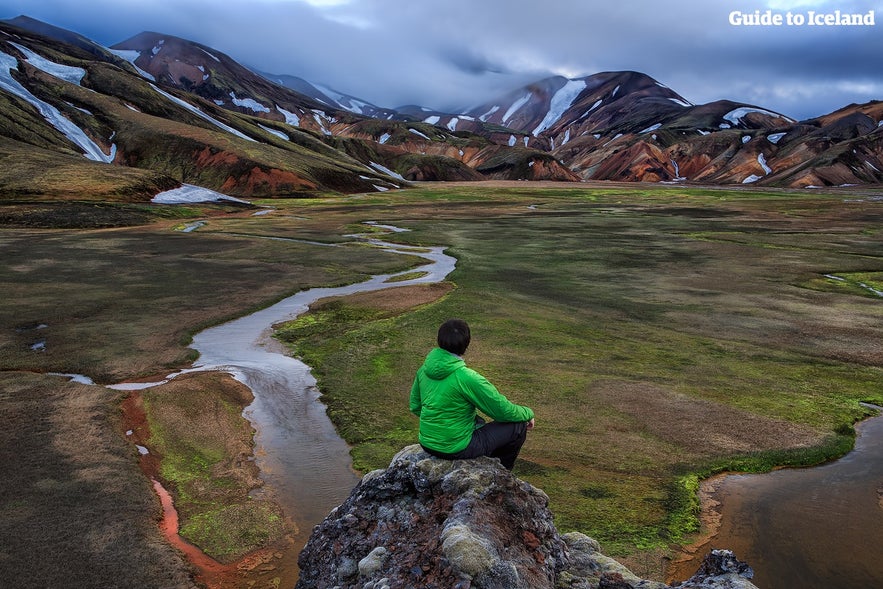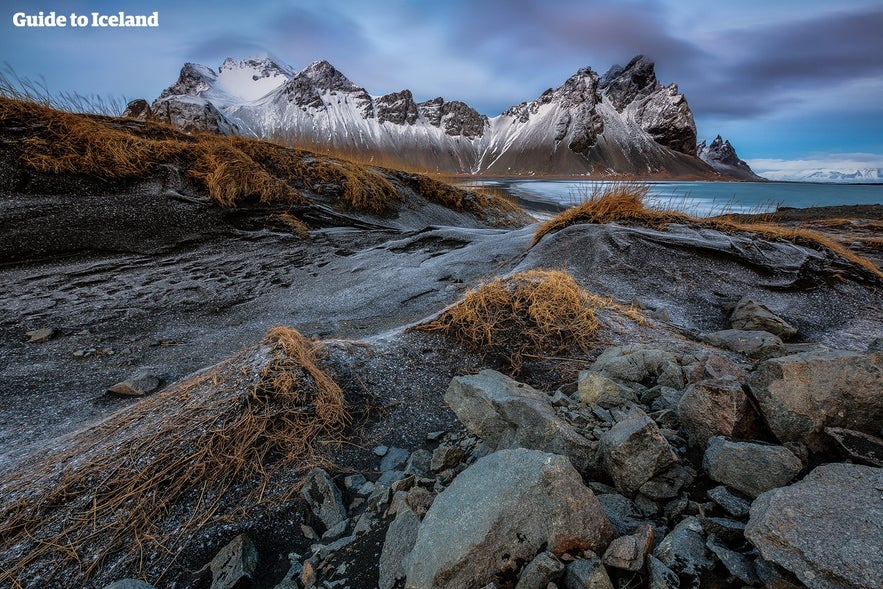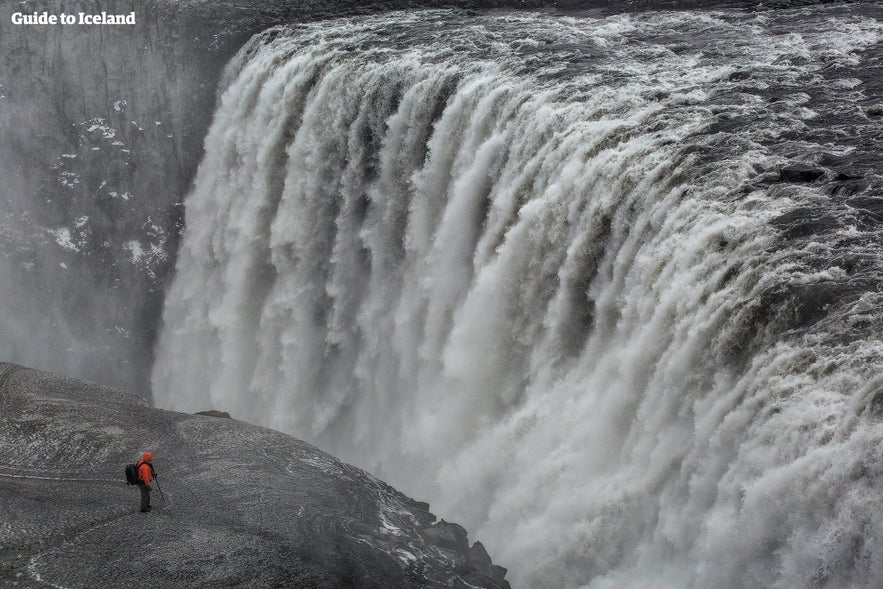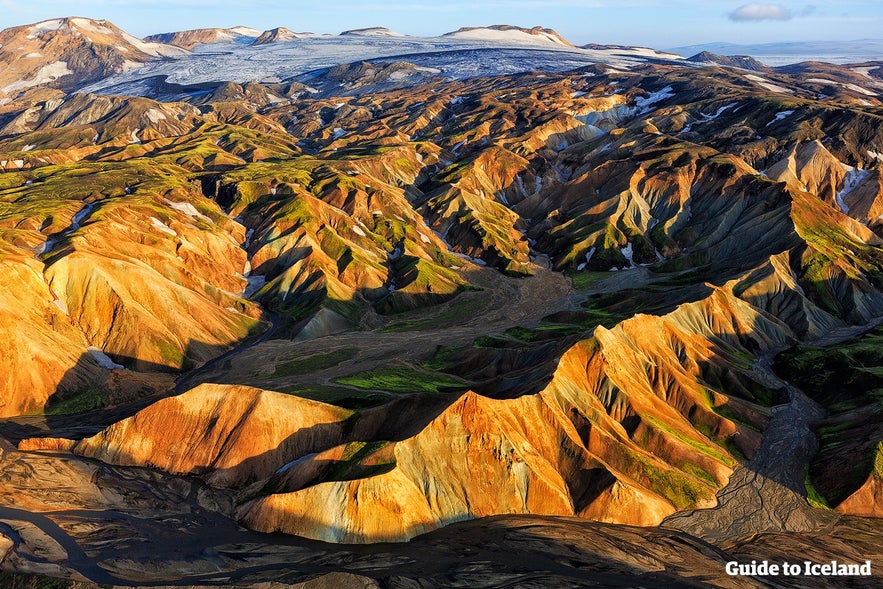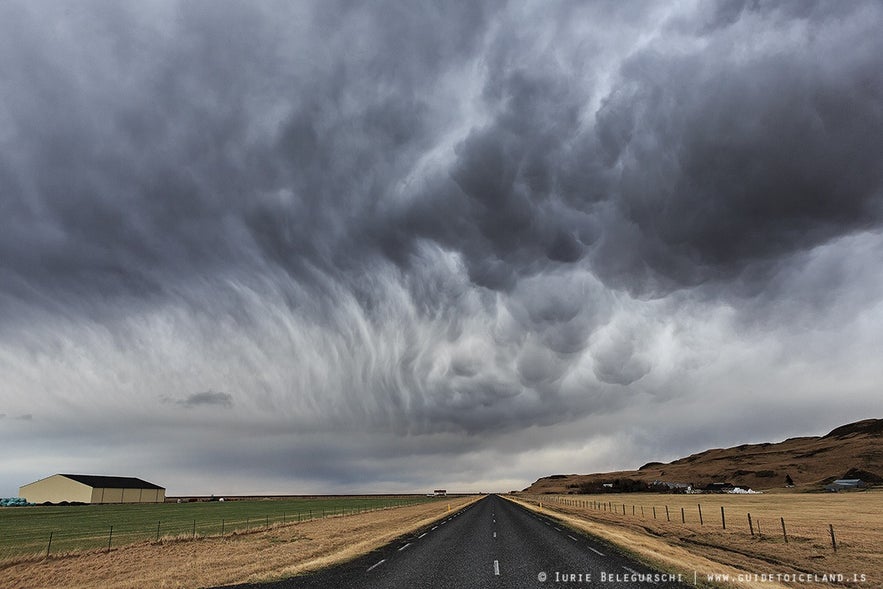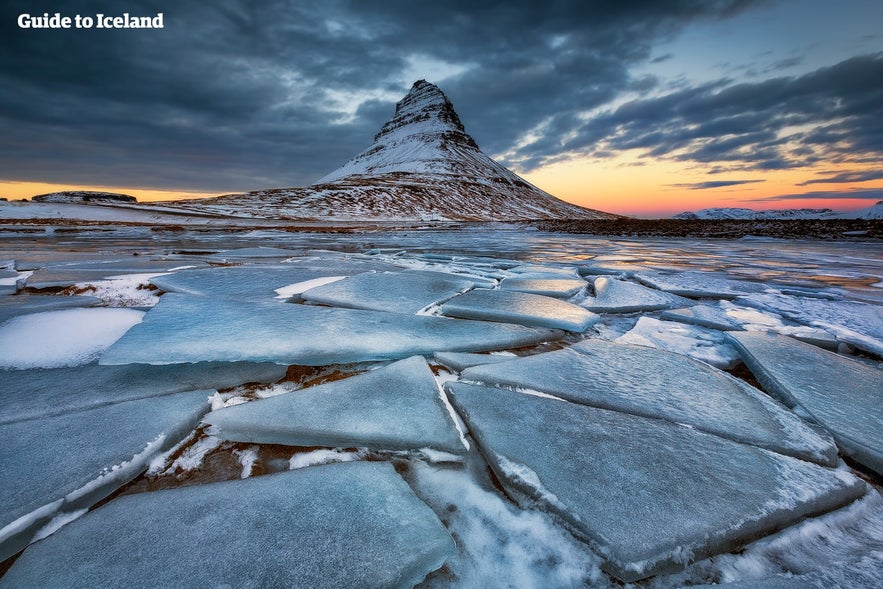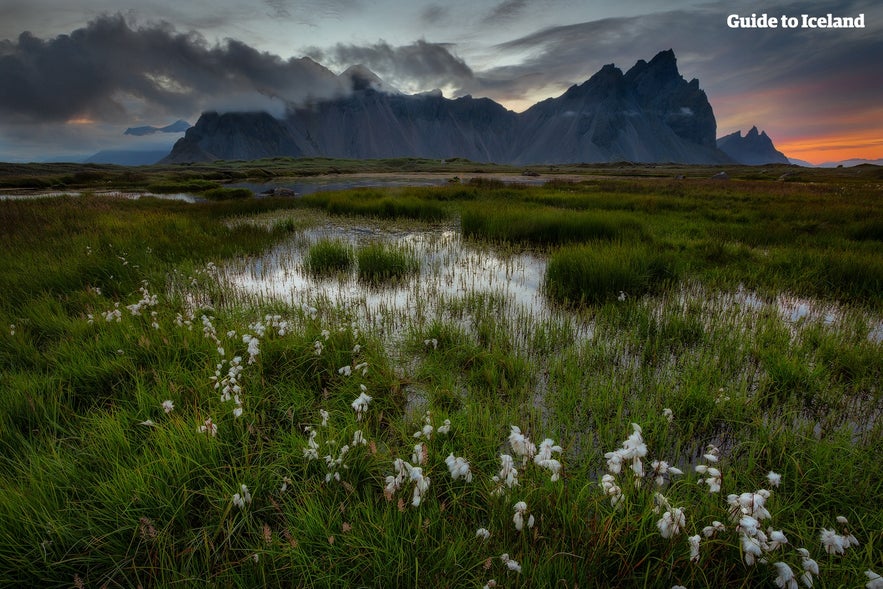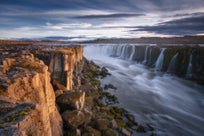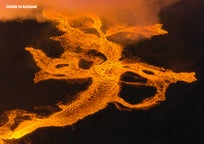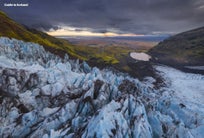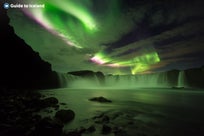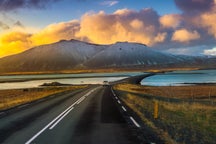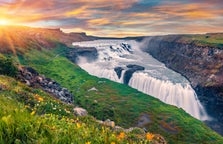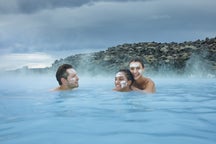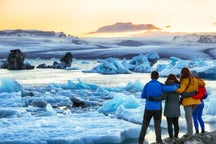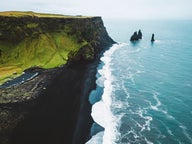
Travel Etiquette in Iceland
What are the essential dos and don'ts when travelling in Iceland? How are you to conduct yourself when passing through the vulnerable and pristine landscapes that make up this strange and powerful island? Read more to find out everything you need to know about travel etiquette in Iceland.
Iceland is every outdoorsman's paradise, but this paradise will always be a realm of potential peril, and perhaps therein lies the very essence of its attractive force.
The howling Northern spirit summons us to a dimension of unbound freedom and serenity, asking only for respect in return; we must assume responsibility for being here, on this marvellous land, in this marvellous time.
- Learn about Sustainable Tourism in Iceland
- Read The Ultimate Guide to Driving in Iceland
- Check out this selection of Highland Tours
Travel Responsibly – Use Common Sense
Though many of Iceland’s most sought out attraction may be found in areas where the elements pose life-threatening challenges in the forms of towering cliffs, thundering waterfalls or abyssal glacier crevices, only on rare occasions will you see rails, ropes or security barriers fencing them off.
Iceland's beauty and appeal lie in its wild and undisturbed nature, and rather than tainting the unbound wilderness with man-made signposts and railings, we would like to be able to trust our guests to use common sense and avoid putting themselves in harm's way unnecessarily.
But unfortunately, common sense doesn't seem that common these days.
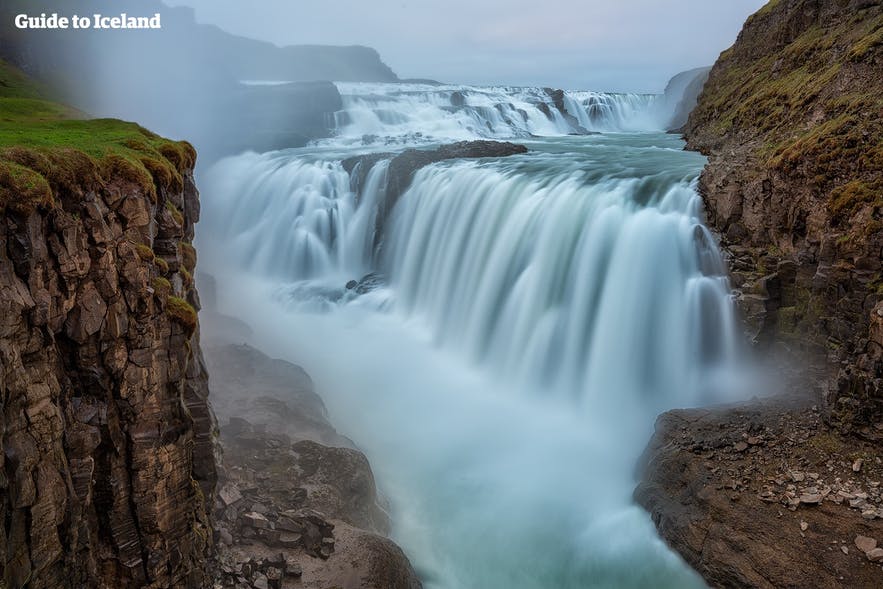
In the first weekend of June of 2015 alone, a young couple wearing light summer jackets and sneakers almost froze to death while hiking in the highlands; a father of three was caught trying to drive his entire family across one of Iceland's largest and most dangerous glaciers in a small SUV; a twelve-year-old boy suffered hypothermia after jumping into the 2°C water of Lake Þingvallavatn on a dare by his parents, and tragically, a young man drowned after being pulled out to sea by an enormous wave when he was taking selfies in the furious Arctic surf of Reynisfjara beach.
Luckily, there are over 100 search and rescue teams in Iceland, consisting of well over 4000 volunteers who are on duty all year round, but with the recent surge in the number of foreign guests visiting Iceland, the rescue teams have come under unprecedented strain.
We, therefore, implore you to be smart and travel responsibly. Know what you are getting yourself into, and if you do in fact notice information posts, warning signs, fences, railing or other obvious barriers, heed them so that you won't put yourself in unnecessary danger and threaten the life and limbs of the good people who will eventually have to deliver you from harm's way.
-
See also: Tips for backpacking in Iceland
Always Leave a Travel Plan
Seasoned hikers, veterans of the wildlands and novices alike can lose their way in the unforgiving labyrinth that is the Icelandic wilderness. Even when travelling in large groups, people are known to wander from their companions and get lost in the blink of an eye, and painfully unnecessary tragedies regularly occur simply because those who are lost and in dire need of assistance can not be found in time.
Before venturing from out of the warm embrace of civilisation, you should, therefore, always make a travel plan and leave it with a trusted person who will contact the proper authorities should you fail to check in or return at a specified time.
The easiest course of action is simply to leave your travel plan at safetravel.is, where you can also rent a Personal Location Beacon that can be switched on in the case of an emergency.
Respect the Weather
It is sometimes said, that if you don't like the weather in Iceland, you should just wait five minutes—but people tend to forget that the saying goes both ways: even when heading out on a journey under clear skies and a shining sun, Iceland's dynamic weather patterns can change conditions from perfect to terrible in an instance and catch even the most seasoned of travellers off guard.
It is, therefore, not only imperative that you check the weather forecast regularly during your journey, but that you also prepare your equipment in good time, make sure that everything is in working order and that you actually know how to operate your items. It is better to spend an hour practising how to pitch a new tent in comfortable surroundings than having to do it for the first time under the pressure of extreme circumstances.
Know Where You are Going, Never Drive Off-Road
Even though you will have to prepare yourself for the unexpected, studying the area you intend to visit is always going to be fundamental to a safe and pleasant journey.
When making a travel plan, you should use yourself—your vehicle, equipment, physical condition and experience—as the only frame of reference to which you compare the difficulty level of your chosen route.
Remember always that you can connect with locals who are always happy to direct you to routes and destinations that match your abilities, hopes and expectations. But bear in mind that road conditions can change drastically from season to season.
The Icelandic Road and Coastal Administration, therefore, maintains online trail and road condition reports which you should check in advance to find out when mountain roads are likely to be open, along with other related information.
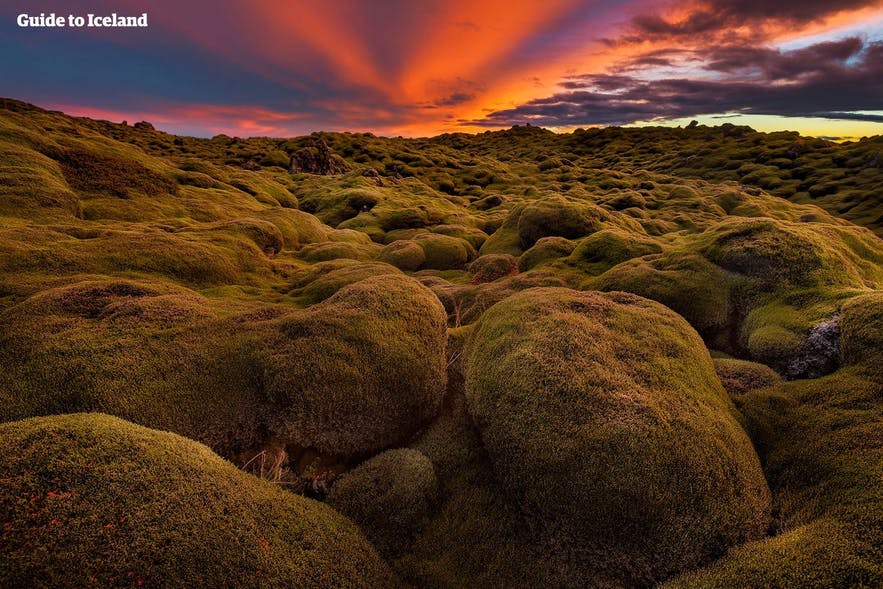
Off-road driving is strictly forbidden absolutely everywhere and is punishable by heavy fines and potential imprisonment.
Not only will off-road driving cause terrible wounds that might take centuries to heal, but it is likely to spread soil degradation throughout enormous areas and cause irreversible damage to the delicate environment.
-
See also: The ultimate guide to driving in Iceland
Don't Trespass on Private Land
Camping is strictly forbidden outside of designated campsites in Iceland’s three national parks. In general, however, wild camping with three tents or less is allowed on uncultivated land for a single night unless the landowner has specifically posted a notice to the contrary.
You should, however, never camp on private property or on farmland without first seeking permission. Most farmers are happy to host campers for a minimal fee and they can offer goods and services as well.
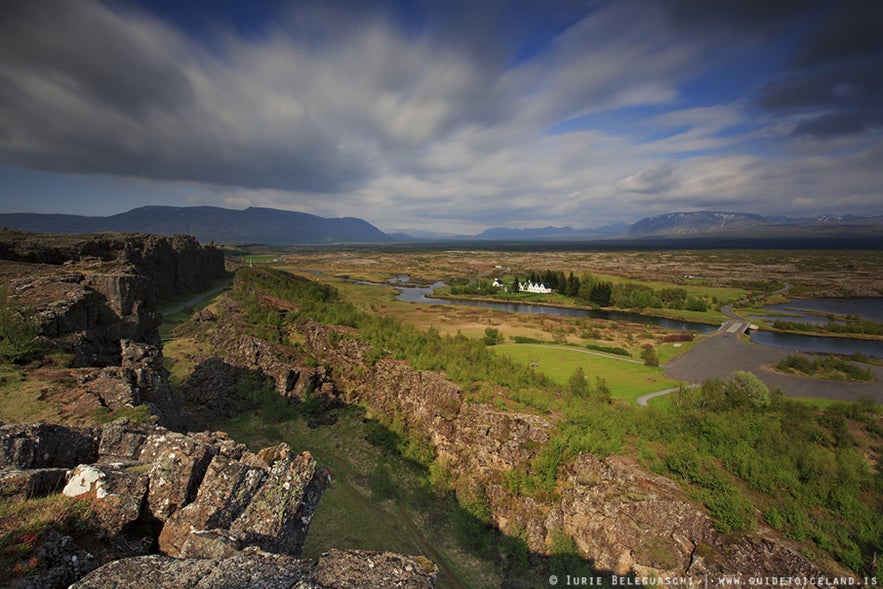
Keep in mind that staying at an official campsite has its advantages. There you are provided with all necessary facilities, and countless campsites in Iceland lay close to extremely beautiful hiking trails.
Damage to land occurs when travellers trample vegetation beyond recovery, and because of soil erosion, defiled areas can contaminate adjacent landscapes.
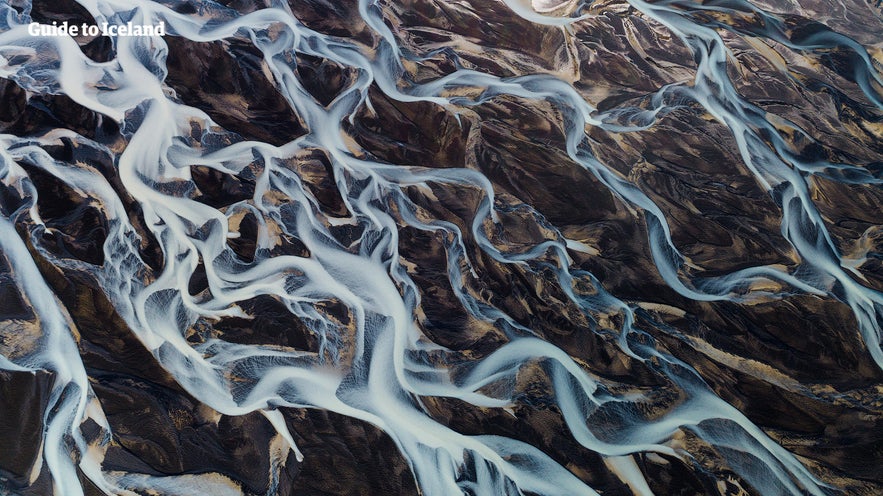
The Icelandic moss is incredibly thick and soft, but also extremely delicate and should never be picked up, no matter how tempting it is. It will take centuries to regrow, and you should, always, do your very best to travel and camp on durable surfaces.
Leave no Trace
Remember that you have a choice: you can either treat the land with respect and gratitude or you can drift about in unconscious contempt and mockery—the amount of work is the same.
The Icelandic wilderness is as beautiful as it is fragile, and because of the soil's high volume of volcanic ash, it is extremely sensitive and susceptible to erosion.
Please help us protect the delicate environment by always taking the fragile flora of our island into consideration, wherever you may find yourself.
Iceland’s wildlands are unique precisely because they are undisturbed, and we have all been entrusted with the responsibility to keep them that way.
Be safe, be well, and have a wonderful stay in Iceland.
Other interesting articles

Guide to the Icelandic Krona (with a currency converter!)
Learn everything you need to know about the currency of Iceland, the Icelandic krona. Discover the Icelandic krona's history and learn practical information you can use to create the perfect trip to I...Read more
Shopping for Groceries in Iceland
Grocery shopping in Iceland may seem daunting, but this guide will tell you everything you need to know. Get the best deals and food for your Icelandic adventure! Read on for our top tips, favorite...Read more
Avoiding the Crowds in Iceland
What are the most popular times of the year for travellers visiting Iceland? How can you secure the best chance of avoiding the crowds at this country’s most beloved natural attractions, and what ar...Read more

Download Iceland’s biggest travel marketplace to your phone to manage your entire trip in one place
Scan this QR code with your phone camera and press the link that appears to add Iceland’s biggest travel marketplace into your pocket. Enter your phone number or email address to receive an SMS or email with the download link.

